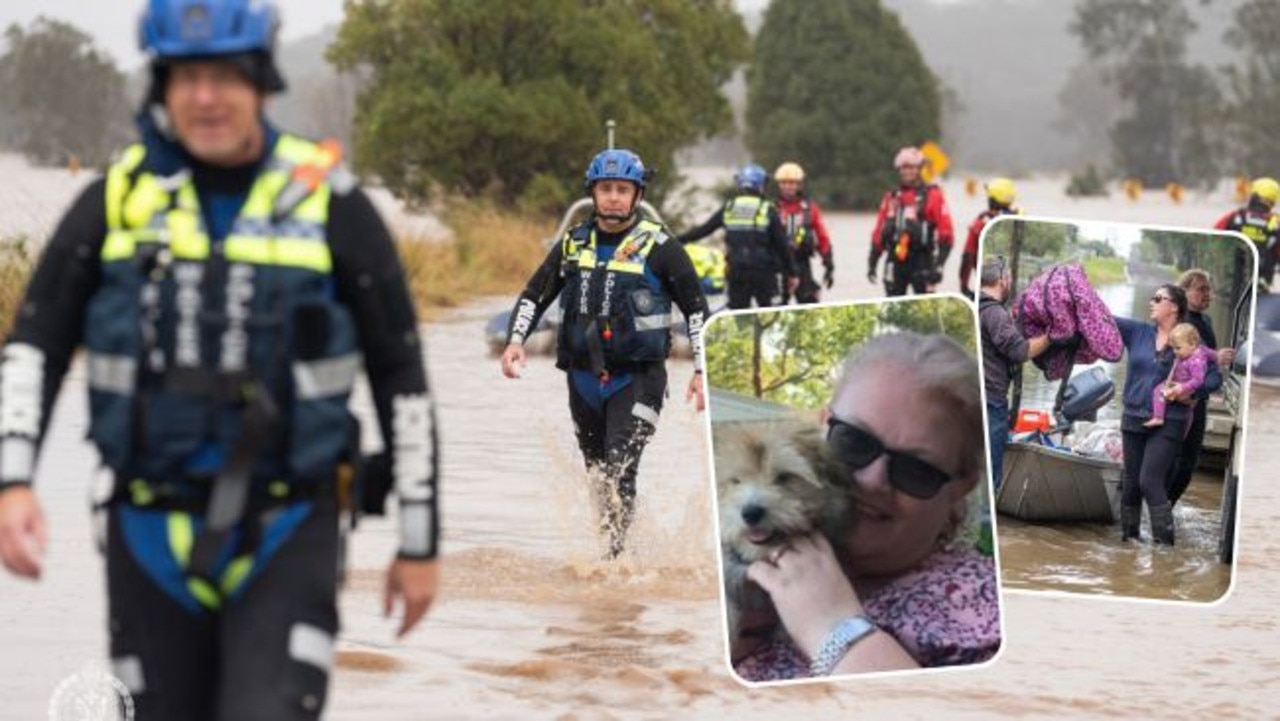Indigenous Voice to Parliament plan set to tear Liberal Party apart
Senior Liberal figures say it is increasingly unlikely the party will reach a united position on the Indigenous Voice to Parliament, with tensions continuing to simmer.
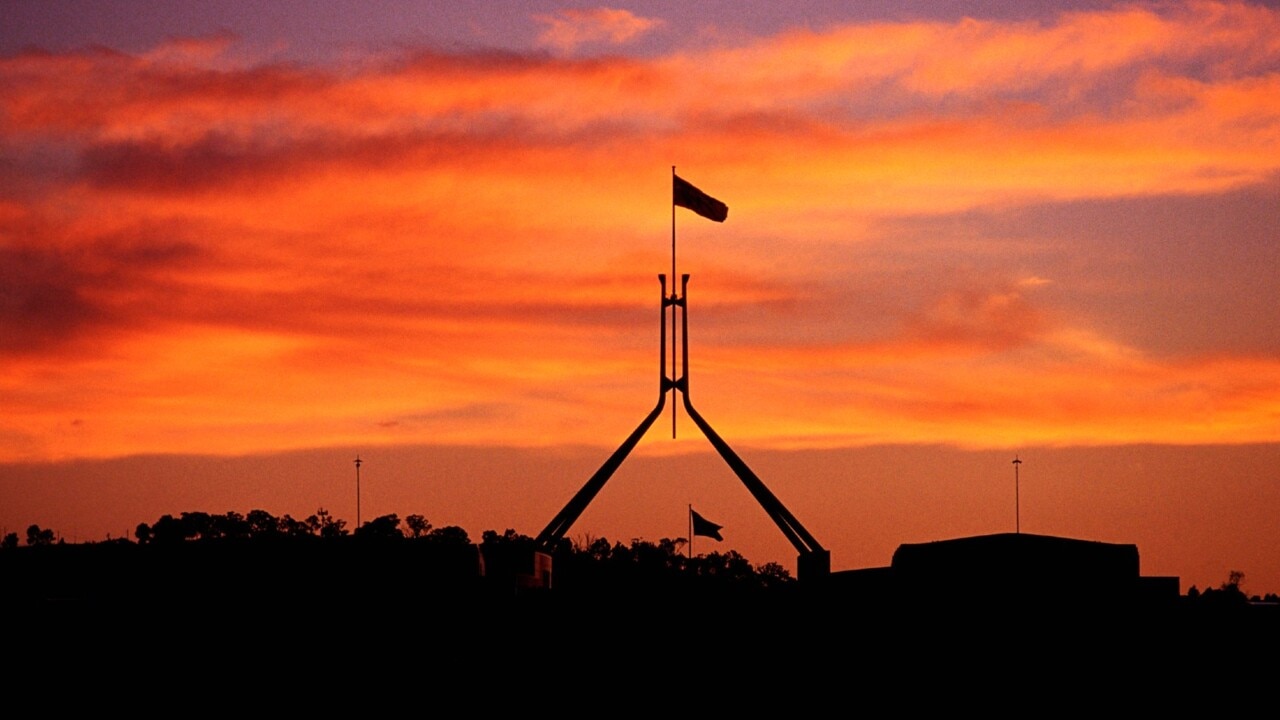
News
Don't miss out on the headlines from News. Followed categories will be added to My News.
Senior Liberal figures say it is increasingly unlikely the party will reach a united position on the Indigenous Voice to Parliament, meaning its MPs will campaign against each other when it comes to the referendum.
A decision to allow MPs to agree to disagree is likely to stoke tension in federal party room as Liberals who want a united position against the proposal say there is an overwhelming majority who want to campaign for a ‘no’ vote.
Opposition Leader Peter Dutton has so far declined to take a position on the Voice but said last month the party room will reach a position but has not said whether that position will allow MPs to do their own thing.
A number of Liberal MPs who spoke to the Sunday Telegraph said they believed Mr Dutton was likely to achieve a position of outright opposition to the Voice.
But a number of others said it was clear there were enough supporters among the Liberal Party room to make that impossible.
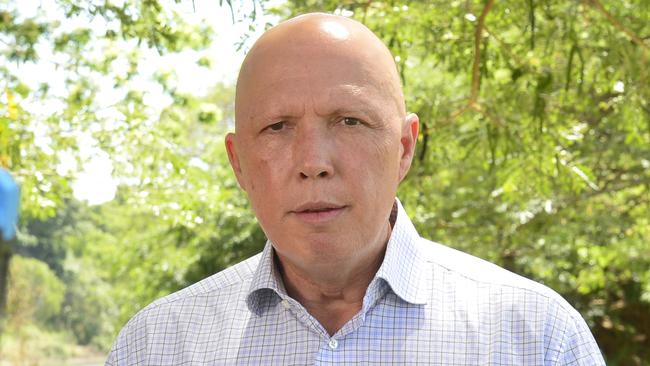
A shadow cabinet minister opposed to the Voice said, from his discussions, he believed supporters of the Voice expected to be allowed to support the proposal if they wanted and the leadership was likely to accommodate them.
“It’s pretty clear that that’s the way it’s going to go,” he said. But others rejected that position, saying that went against the views of the overwhelming majority of the party room.
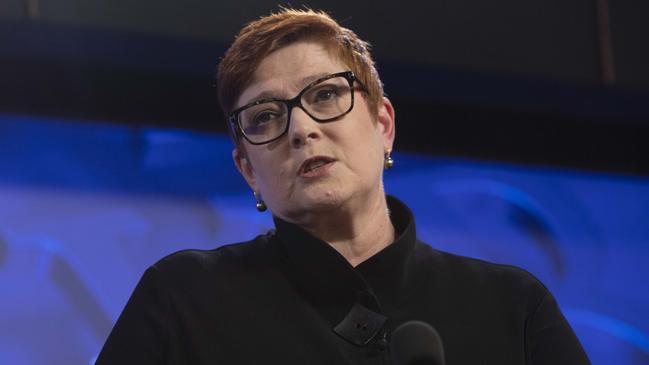
“I think that’s crazy - that would be madness,” the MP said.
The most outspoken internal supporter of the Voice is NSW Senator Andrew Bragg, who has told colleagues he plans to advocate for it even if it costs him his preselection.
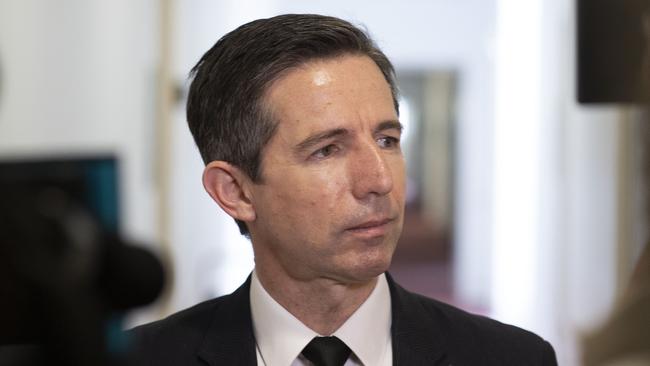
Other names mentioned as potential ‘yes’ vote in include fellow NSW Liberals Marise Payne and Julian Leeser, and Tasmanian Bridget Archer.
The most senior potential supporter of the Voice is South Australian senator Simon Birmingham, who is the leader of the opposition in the Senate.
A Queensland MP said the LNP as a division was certain to oppose the Voice and he couldn’t see any of the state’s MPs supporting it either.
But he said forcing MPs to adopt a position they don’t support risks drawing attention to splits in the party’s ranks if any of them rebelled.
“The public aren’t taking any notice of us at the moment but they will notice disunity,” the MP said.




